Shiva Purana (In 3 Volumes)
The word 'Purana' means old, ancient. The Puranas are old texts, usually referred to in conjunction with Itihasa (the Ramayana and the Mahabharata). Whether Itihasa originally meant only the Mahabharata, with the Ramayana being added to that expression later, is a proposition on which there has been some discussion. But that's not relevant for our purposes. In the Chandogya Upanishad, there is an instance of the sage Narada approaching the sage Sanatkumara for instruction. Asked about what he already knows, Narada says he knows Itihasa and Purana, the Fifth Veda. In other words, Itihasa-Purana possessed an elevated status. This by no means implies that the word Purana, as used in these two Upanishads and other texts too, is to be understood in the sense of the word being applied to a set of texts known as the Puranas today. The Valmiki Ramayana is believed to have been composed by Valmiki and the Mahabharata by Krishna Dvaipayana Vedavyasa. After composing the Mahabharata, Krishna Dvaipayana Vedavyasa is believed to have composed the Puranas. The use of the word composed immediately indicates that Itihasa-Purana are smriti texts, with a human origin. They are not shruti texts, which have a divine origin. Composition does not mean these texts were rendered into writing. Instead, there was a process of oral transmission, with inevitable noise in the transmission and distribution process. Writing came much later.
Pargiter's book on the Puranas is still one of the best introductions to this corpus. To explain the composition and transmission process, one can do no better than to quote him.
The Vayu and Padma Puranas tell us how ancient genealogies, tales and ballads were preserved, namely, by the sutas, and they describe the suta's duty... The Vayu, Brahmanda and Visnu give an account, how the original Purana came into existence... Those three Puranas say-Krsna Dvaipayana divided the single Veda into four and arranged them, and so was called Vyasa. He entrusted them to his four disciples, one to each, namely Paila, Vaisampayana, Jaimini and Sumantu. Then with tales, anecdotes, songs and lore that had come down from the ages he compiled a Purana, and taught it and the Itihasa to his fifth disciple, the suta Romaharsana or Lomaharsana... After that he composed the Mahabharata. The epic itself implies that the Purana preceded it... As explained above, the sutas had from remote times preserved the genealogies of gods, rishis and kings, and traditions and ballads about celebrated men, that is, exactly the materialtales, songs and ancient lore-out of which the Purana was constructed. Whether or not Vyasa composed the original Purana or superintended its compilation, is immaterial for the present purpose... After the original Purana was composed, by Vyasa as is said, his disciple Romaharsana taught it to his son Ugrasravas, and Ugrasravas the sauti appears as the reciter in some of the present Puranas; and the sutas still retained the right to recite it for their livelihood. But, as stated above, Romaharsana taught it to his six disciples, at least five of whom were brahmans. It thus passed into the hands of brahmans, and their appropriation and development of it increased in the course of time, as the Purana grew into many Puranas, as Sanskrit learning became peculiarly the province of the brahmans, and as new and frankly sectarian Puranas were composed.
ISBN
Vol-1: 9780143459699
Vol-2: 9780143459705
Vol-3: 9780143459712
Get it now and save 10%
BECOME A MEMBER

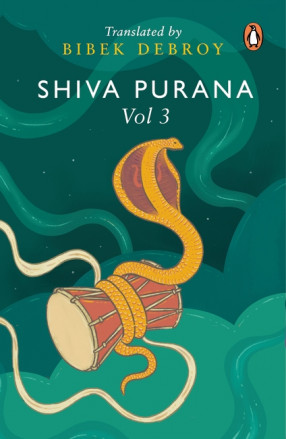
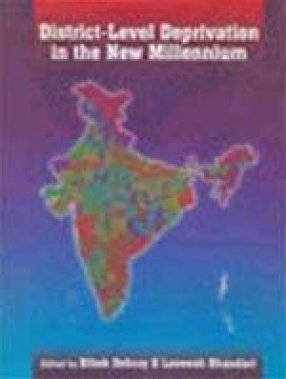
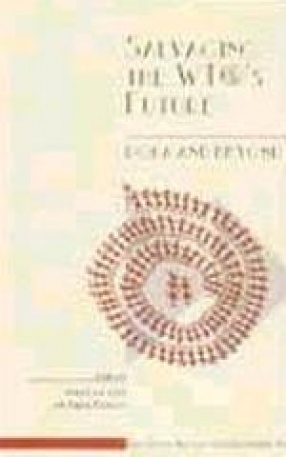
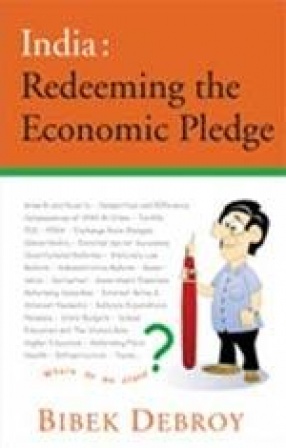

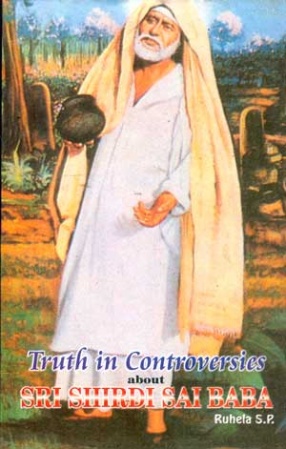


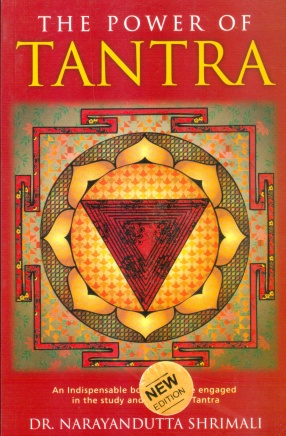

Bibliographic information